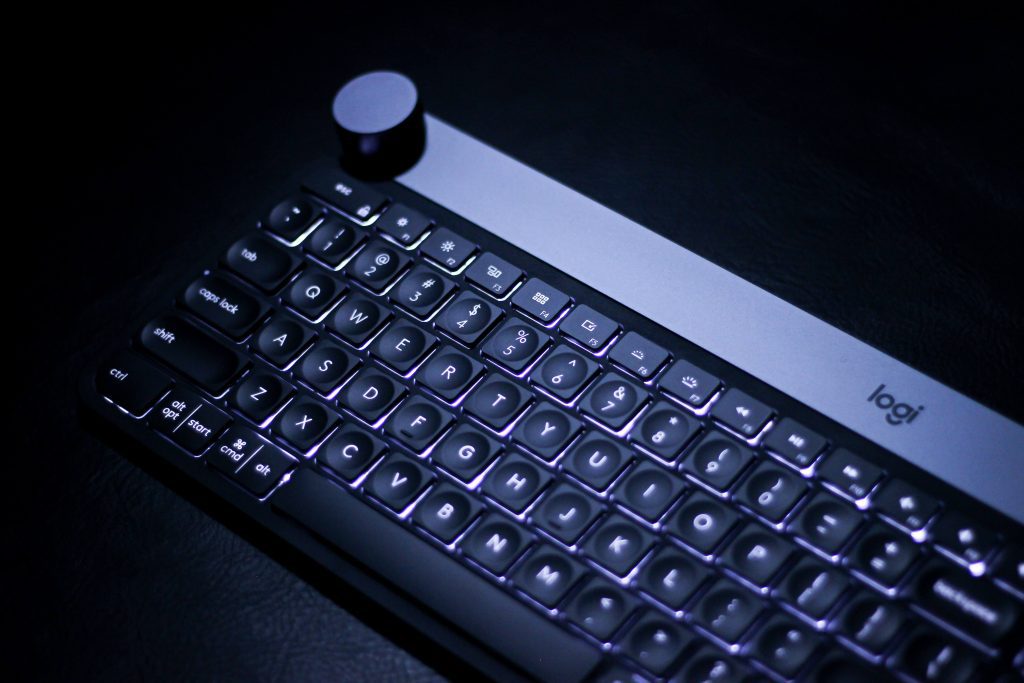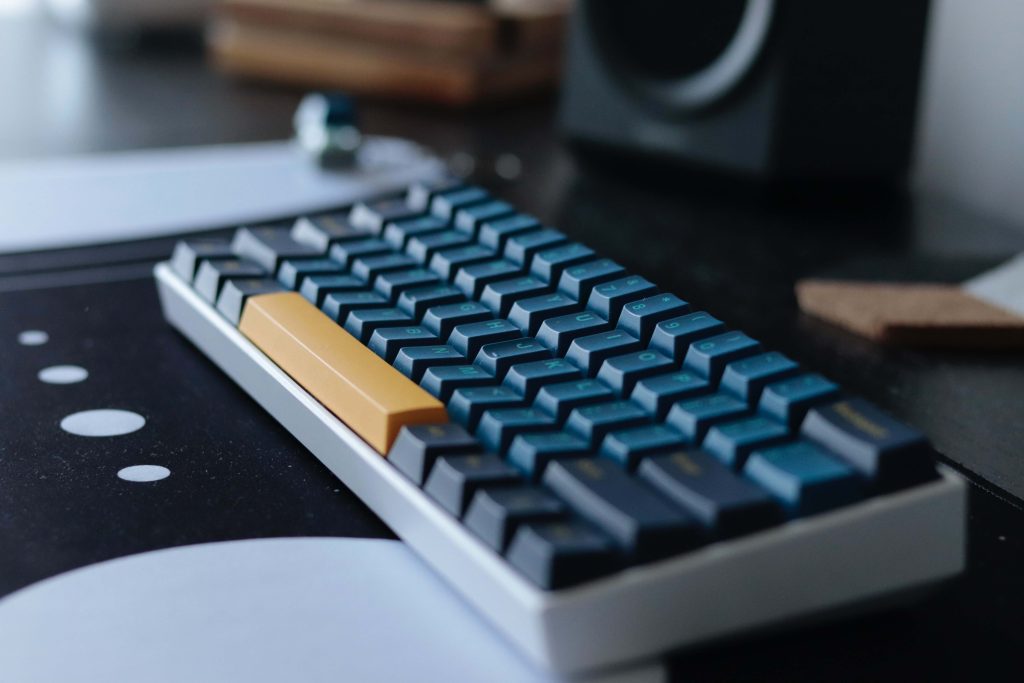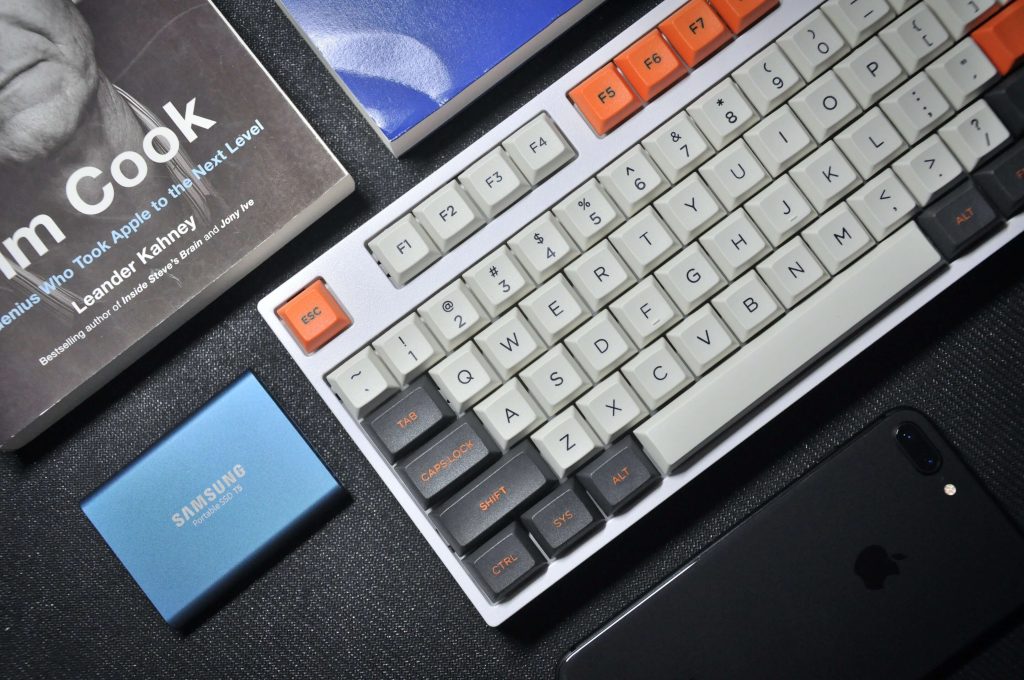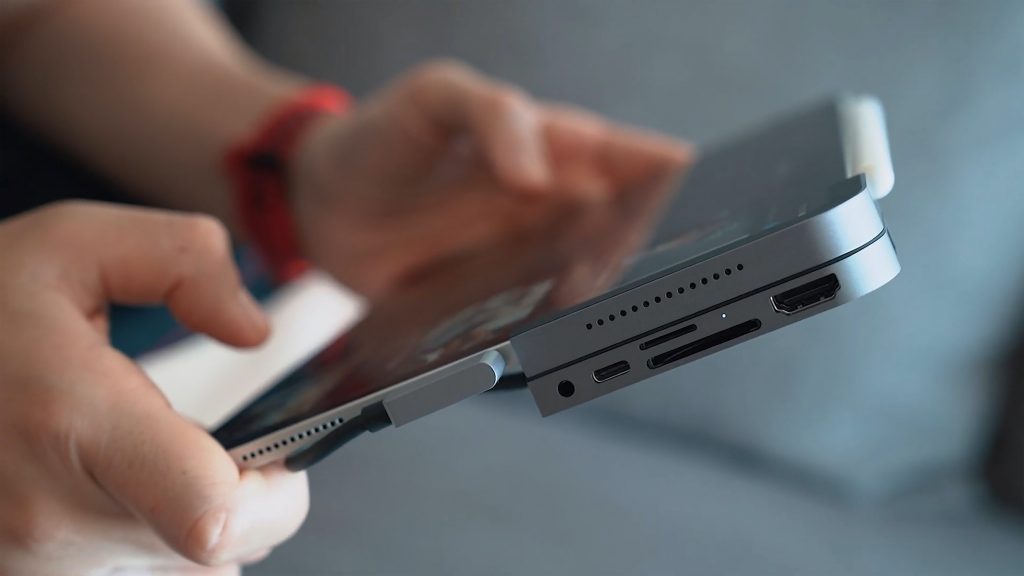A Mechanical vs Membrane keyboard is a comparison between two of the most popular types of keyboards available today. A mechanical keyboard uses physical switches to register keypresses, while a membrane keyboard uses a rubber dome to register keypresses. Mechanical keyboards are typically more expensive but provide a more tactile and satisfying typing experience. Membrane keyboards are commonly found on budget laptops and keyboards, and provide a quieter typing experience. Ultimately, the choice between the two comes down to personal preference and budget.
What is a membrane keyboard?

A membrane keyboard is a type of keyboard that contains a rubber or silicone membrane layer beneath its top layer. This membrane layer helps provide a better tactile feel than other types of keyboards and is more resistant to dust and liquids. The membrane layer also helps reduce noise from typing as well as helps protect against static electricity. Membrane keyboards are often found in laptops, game consoles, and other electronic devices.
Advantages of a membrane keyboard
A membrane keyboard is a popular choice for many computer users because it offers a number of advantages. First, it is very affordable compared to other keyboard types, making it a great option for those on a budget. Additionally, it is relatively quiet and does not require a lot of pressure to type, which makes it a great choice for those who type for long periods of time. It is also extremely durable and waterproof, so it is capable of withstanding the rigors of daily use. Finally, its slim design makes it easy to fit into tight spaces, making it a great option for small spaces or laptop users.
Disadvantages of a membrane keyboard
A membrane keyboard has several disadvantages compared to other types of keyboards. Firstly, they are usually less durable than mechanical keyboards, and the keys may wear out more quickly. Additionally, the keys often feel mushy and lack the tactile feedback that mechanical keyboards provide, making them less comfortable to type on. Furthermore, membrane keyboards often have a shallow travel distance, making it difficult to type quickly and accurately. Finally, they are often much noisier than mechanical keyboards.
What is a mechanical keyboard?

A mechanical keyboard is a type of computer keyboard that uses individual mechanical switches beneath each key to register keystrokes. Unlike a traditional keyboard which relies on rubber or silicone domes to register keystrokes, mechanical keyboards offer a more precise and tactile typing experience. Mechanical keyboards are often preferred by gamers and typing enthusiasts due to their increased accuracy and faster response times.
Advantages of Mechanical Keyboard
The primary benefit of mechanical engineering is its ability to create solutions for a wide range of problems. This includes the development of machines, engines, and other mechanical devices. Mechanical engineers are also good at creating efficient systems that support the production of goods and services.
Mechanical engineers are also skilled at troubleshooting and repairing existing solutions. This can help companies save money by avoiding the need to replace a device or machine. In addition, mechanical engineers can help create custom solutions for specific applications.
Finally, mechanical engineering is a great career choice for those who enjoy working with their hands. This means that most mechanical engineers are able to work in a variety of physical environments and have a higher degree of control over the solutions they create.
Disadvantages of Mechanical Keyboard
1. Price: Mechanical keyboards tend to be more expensive than regular keyboards.
2. Weight: Mechanical keyboards are typically heavier than regular keyboards.
3. Noise: Mechanical keyboards tend to be louder than regular keyboards due to the louder clicks of the keys.
4. Size: Mechanical keyboards tend to be larger than regular keyboards, making them less portable.
5. Limited Compatibility: Mechanical keyboards may not be compatible with certain devices or computer systems.
6. Key Rollover: Mechanical keyboards may have a limited key rollover, meaning certain combinations of keys may be difficult to press simultaneously.
You Might Also be Interested to Read: How to Fix the Arrow Keys Which are not Working
Conclusion
In conclusion, the main differences between a mechanical and a membrane keyboard are the type of switch technology used, the tactile feedback they provide, and the durability they offer. Mechanical keyboards are more durable and provide a better tactile response, but membrane keyboards are more affordable and easier to clean. Ultimately, the choice between a mechanical and membrane keyboard will depend on your preference and budget.




